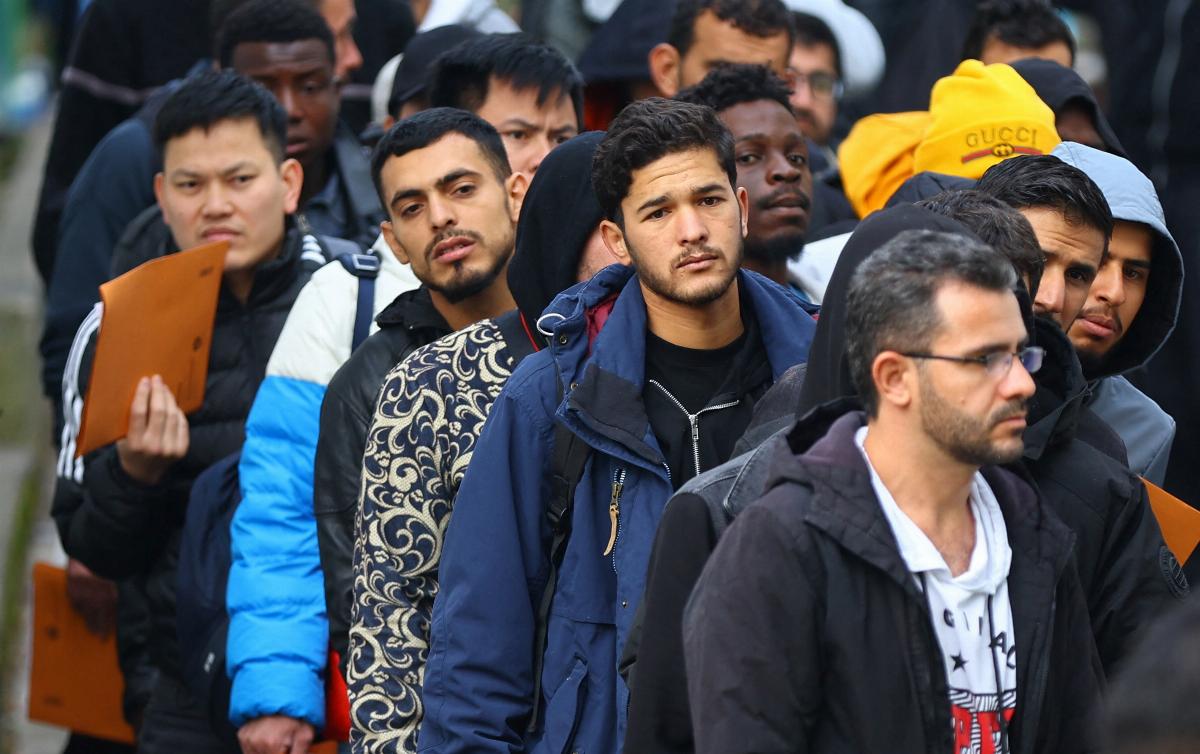
Germany reports record high number of refugees in 2024
Germany has reached a new record in the number of refugees residing within its borders, according to recent data released by the German government. By the end of June 2024, approximately 3.48 million refugees with various types of residency permits were living in the country. This figure represents an increase of roughly 60,000 individuals compared to the end of 2023. Notably, about one-third of these refugees originated from Ukraine, a direct consequence of the ongoing conflict stemming from Russia's invasion.
The data encompasses a range of individuals, including those who may be required to leave Germany but are allowed to remain under a tolerance policy. This policy applies to situations such as health issues, the absence of identification documents, or when individuals have children with residence permits. These statistics were released in response to a parliamentary inquiry from the socialist Left Party and were first reported by the Neue Osnabrücker Zeitung.
The rising number of asylum-seekers has become a focal point of political debate in Germany and across Europe. Clara Bünger, a lawmaker from the Left Party, emphasized that refugees constitute only 4% of the German population, many of whom have been in the country for several years or even decades. She argued that these figures contradict the portrayal of a "national emergency" related to the refugee situation.
Bünger criticized what she termed "scaremongering," suggesting that this narrative distracts from more pressing social issues and unfairly places blame on refugees. She called for a more nuanced discussion surrounding the integration and support of refugees rather than perpetuating fear and misconceptions.
The increase in refugees is reflective of broader trends within Europe, where various factors, including conflict, persecution, and economic instability, continue to drive individuals to seek safety and stability. As Germany navigates these challenges, the government remains tasked with addressing the needs of both the refugee population and the concerns of its citizens.
The ongoing discussion regarding refugees in Germany underscores the complexities involved in managing immigration and integration policies. With a significant number of refugees now living in the country, it remains essential to foster an environment of understanding and support, while also addressing the underlying social issues that affect both refugees and the broader population.







